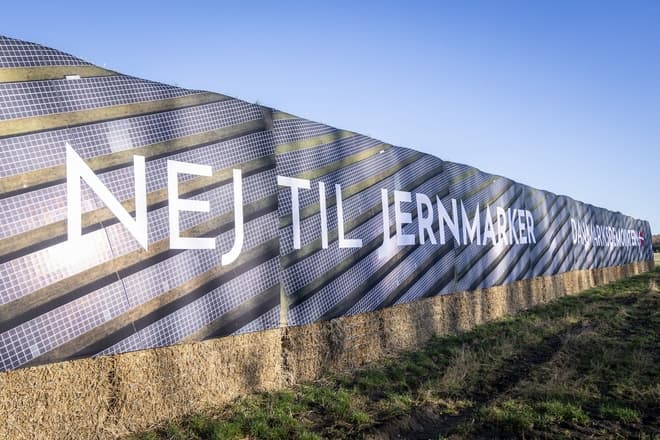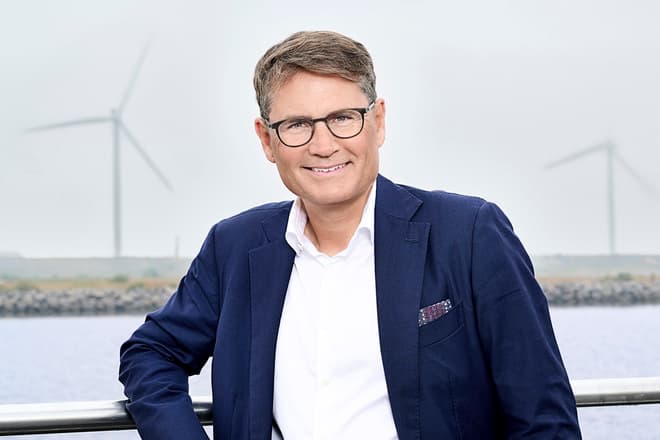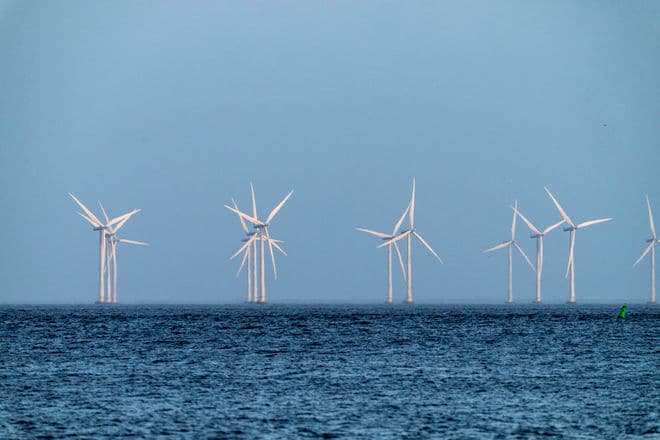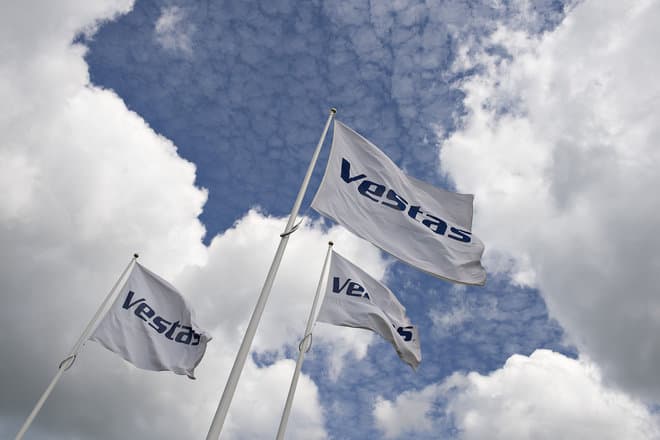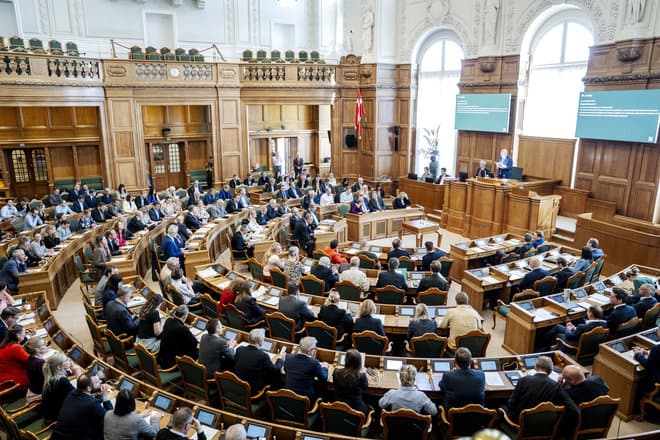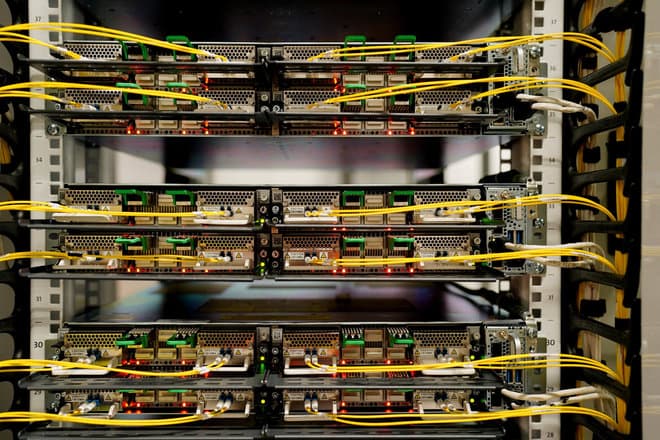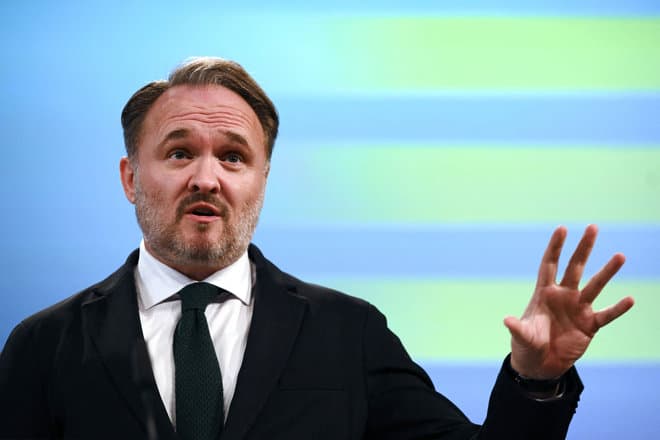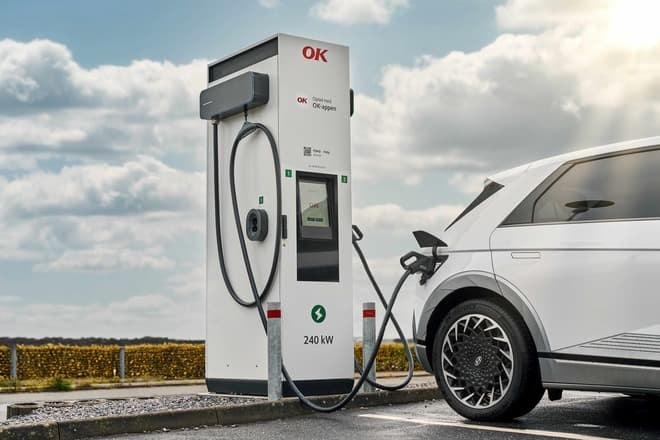
A new analysis from Dansk Erhverv documents that Denmark is on a collision course with the EU Commission's target of 32 percent electrification in 2030. According to the analysis, it requires a quadrupling of the pace if the target is to be reached – otherwise it will not be possible to achieve it until 2050. This is stated by Dansk Erhverv in a press release.
– Electrification is the key to lowering energy costs, improving Danish competitiveness and reducing dependence on imported fossil fuels. But unfortunately we are lagging behind – Danish companies pay twice as much for electricity and four times as much for gas as their American competitors – and this is affecting both growth and jobs. When we electrify with renewable energy, we strengthen Danish business, create new investments and at the same time move money away from Putin's war chest, says Ulrich Bang, deputy director of the Danish Business Association.
China is mentioned as an example of rapid electrification and a leading position in green energy. Since 1990, the country has electrified seven times faster than Denmark and is currently relying heavily on electric cars, solar cells and new energy capacity.
Danish Business Association emphasizes that electrification also has a security policy dimension. In 2023, the EU imported 60 percent of its energy consumption, which makes the union vulnerable to geopolitical conflicts. According to the analysis, investments in electrification can reduce this risk and strengthen Europe's energy independence.
- The EU's energy security is inextricably linked to our ability to electrify and expand renewable energy. We will have to see electrification as a security policy investment - not just as a climate tool. When we reduce our dependence on gas from Russia and other countries, we strengthen both Europe's stability and energy security, says Ulrich Bang
The organization believes that Denmark has particularly good conditions for success – not least because of access to cheap renewable energy and large areas of sea. A new proposal presents 21 recommendations and a financing plan of 7.6 billion DKK up to 2030. Among the proposals are deductions for companies that invest in electrification and energy efficiency.
amp
Text, graphics, images, sound, and other content on this website are protected under copyright law. DK Medier reserves all rights to the content, including the right to exploit the content for the purpose of text and data mining, cf. Section 11b of the Copyright Act and Article 4 of the DSM Directive.
Customers with IP agreements/major customer agreements may only share Danish Offshore Industry articles internally for the purpose of handling specific cases. Sharing in connection with specific cases refers to journaling, archiving, or similar uses.
Customers with a personal subscription/login may not share Danish Offshore Industry articles with individuals who do not themselves have a personal subscription to Danish Offshore Industry.
Any deviation from the above requires written consent from DK Medier.



